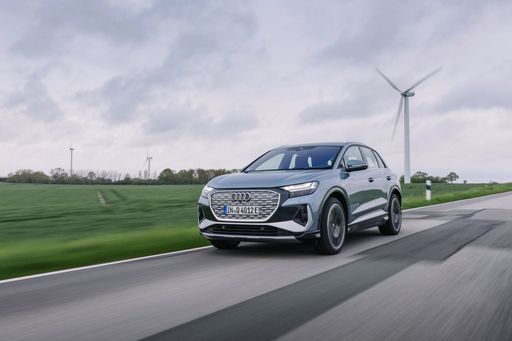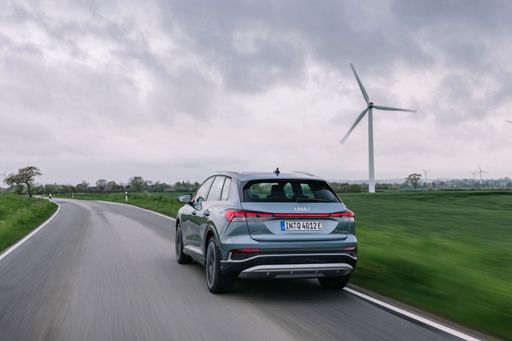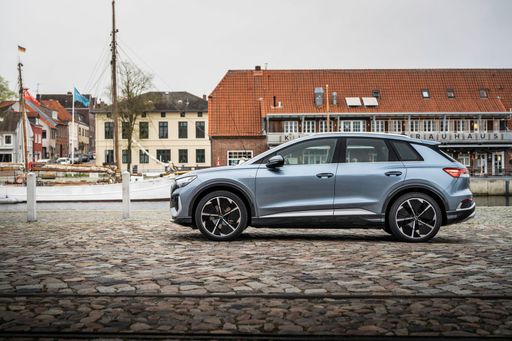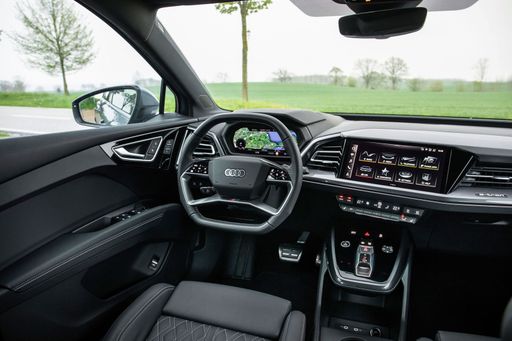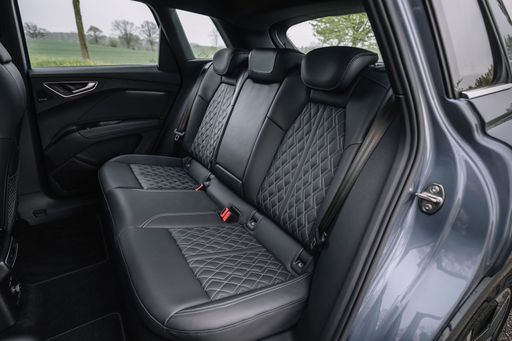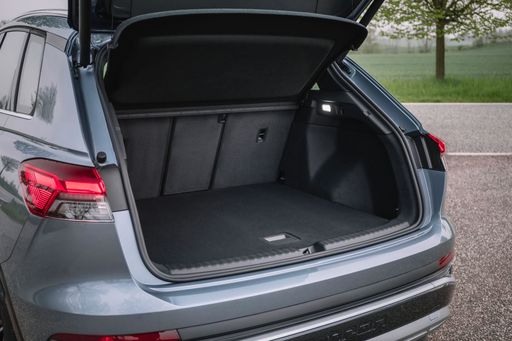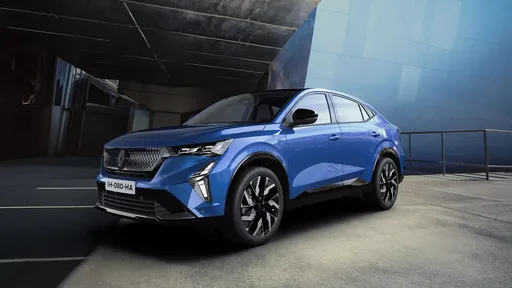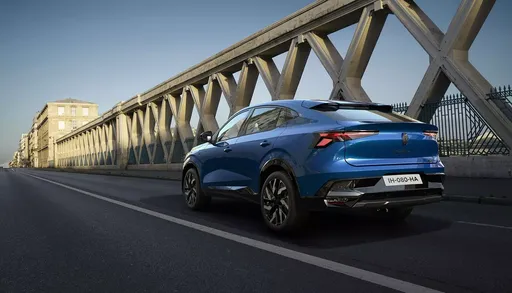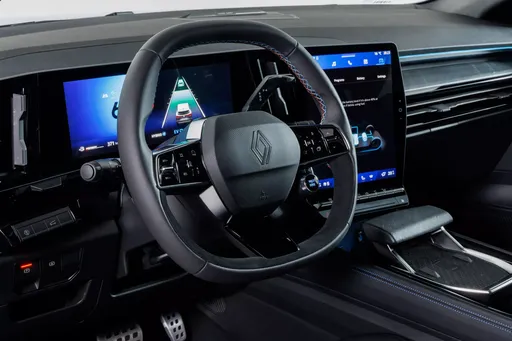Introduction: The Electric Revolution Meets Hybrid Innovation
The automotive landscape is rapidly evolving, with electric and hybrid technologies leading the charge toward sustainable driving. In this article, we delve into a comparison of two remarkable vehicles: the Audi Q4 e-tron and the Renault Rafale. While both models stand out in their own right, they cater to different aspects of the market—one leans towards a fully electric experience, while the other combines electric and combustion power. Let’s explore their specifications, innovations, and what makes each vehicle a worthy contender in today’s SUV arena.

